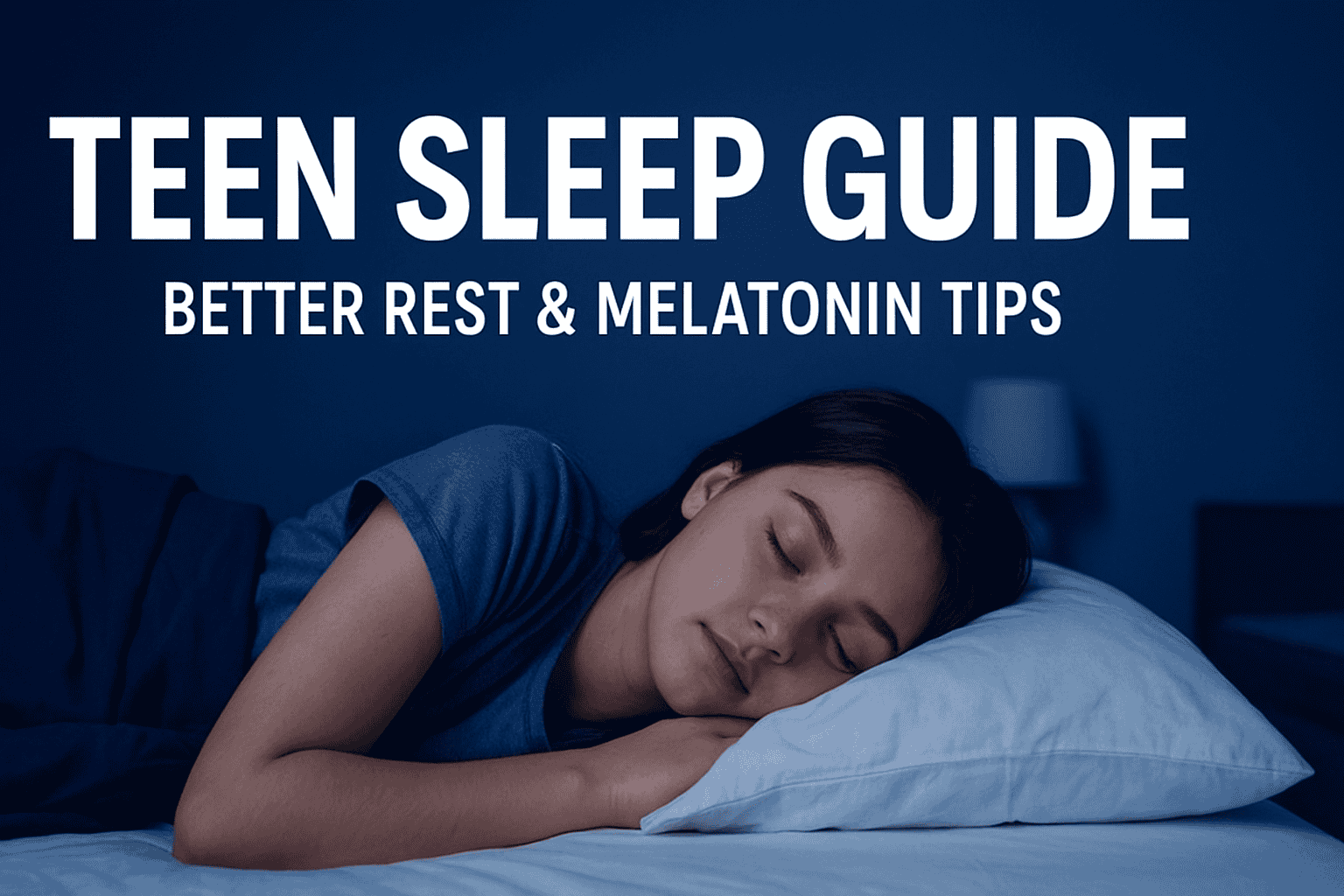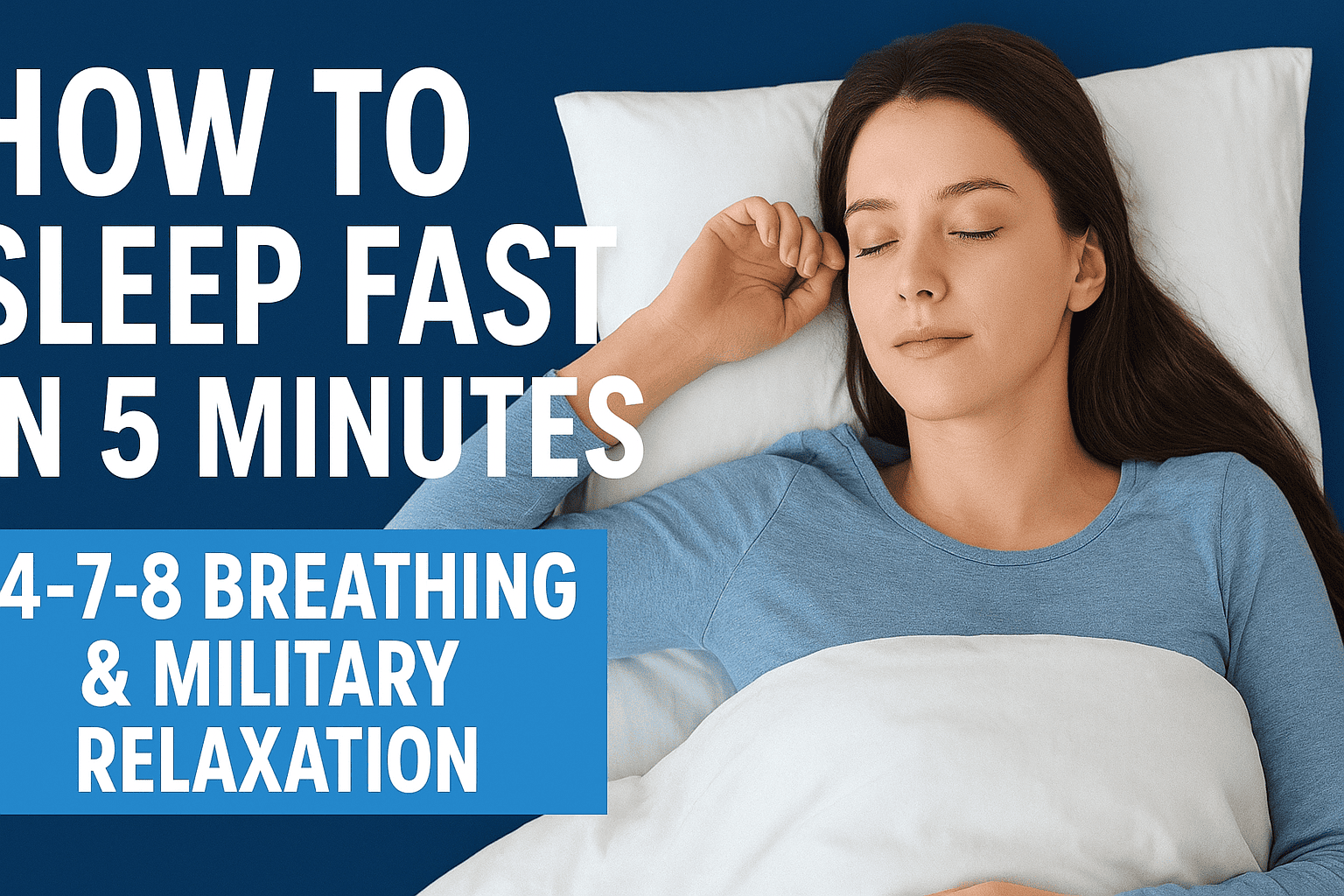Insomnia Symptoms: My Experience & What You Need to Know
For a long time, I struggled with sleep. Some nights I’d lie in bed, wide awake for hours, and other nights I’d fall asleep but wake up again and again. At one point, I was waking up around 4 AM every day without being able to fall back asleep. It left me drained, irritable, and constantly on edge. That’s when I realized I wasn’t just having a few bad nights — I had insomnia.
If you’re dealing with similar issues, you’re not alone. Let me walk you through the symptoms I personally experienced, what I’ve learned along the way, and what you should know if you suspect you have insomnia.
🌙 What Are the Symptoms of Insomnia?
Insomnia doesn’t always look the same for everyone. For me, the biggest issue was falling asleep and waking up too early. However, insomnia can manifest in various ways, both at night and during the day.
✅ Nighttime Symptoms
- Difficulty falling asleep: If it takes you more than 30 minutes to fall asleep regularly, that’s a red flag. I’d lie in bed with my mind racing, unable to relax.
- Frequent awakenings: Waking up several times during the night and struggling to get back to sleep. I used to toss and turn for hours after 2 a.m.
- Early morning awakening: Waking up much earlier than intended and not being able to fall back asleep — this was the worst part for me.
🌞 Daytime Symptoms
- Fatigue and low energy: Even if I spent 8 hours in bed, I’d wake up feeling like I barely slept.
- Irritability and mood changes: I snapped at people more easily, and even small things annoyed me.
- Lack of focus and memory problems: I forgot things, missed deadlines, and found it hard to concentrate — especially in meetings or conversations.
Poor performance: Whether it’s work, school, or daily tasks, sleep deprivation affects everything.

🧠 Other Symptoms I Noticed
- Worrying about sleep: I’d lie in bed thinking, “What if I can’t sleep again tonight?” That fear made it even worse.
- Tension headaches: These became more frequent, especially in the morning.
- Behavior changes in kids: If you’re a parent, watch for restlessness, trouble focusing, or tantrums — insomnia in children looks different.
🧩 Why It Matters
Many people think insomnia is “just not sleeping well,” but it can seriously affect your health, relationships, school, and job performance. It can also lead to anxiety, depression, and even increase your risk for chronic conditions like heart disease.
There are two types of insomnia:
- Acute Insomnia: Short-term, often triggered by stress or changes in routine.
Chronic Insomnia: Lasts at least 3 nights a week for over 3 months. This was my case.
🧠 What Helped Me (And Might Help You Too)
Setting a sleep routine: I started going to bed and waking up at the same time every day — even on weekends.
- Avoiding screens at night: No phone or TV an hour before bed. It helped a lot.
- Relaxation techniques: Breathing exercises and listening to calming music helped ease my mind.
- Keeping a sleep diary: Writing down what I ate, did before bed, and how I slept helped me notice patterns.
If your insomnia continues, don’t wait. Talk to a doctor or sleep specialist — they can help find out if it’s linked to anxiety, depression, or another issue.
📢 Final Thoughts
If you’re reading this and thinking, “This sounds like me,” don’t ignore it. Getting quality sleep is just as important as eating well or exercising. I’ve been there — tired, frustrated, and not knowing why. However, once I understood the symptoms and took action, things gradually improved.
You don’t have to figure it out alone. Whether you try lifestyle changes or need medical help, what matters most is taking that first step.
🧠 Frequently Asked Questions About Insomnia
The most common symptoms include difficulty falling asleep, frequent awakenings, waking up too early, daytime fatigue, and poor concentration.
Yes, long-term insomnia can contribute to anxiety, depression, mood swings, and a decrease in overall emotional well-being.
No, insomnia can be acute or chronic. With the right lifestyle changes or treatment, many people recover from chronic insomnia.
Maintaining a regular sleep schedule, reducing screen time before bed, avoiding caffeine late in the day, and using relaxation techniques can help.
If your sleep problems last longer than 3 weeks or interfere with your daily life, it’s best to consult a healthcare provider or sleep specialist.




